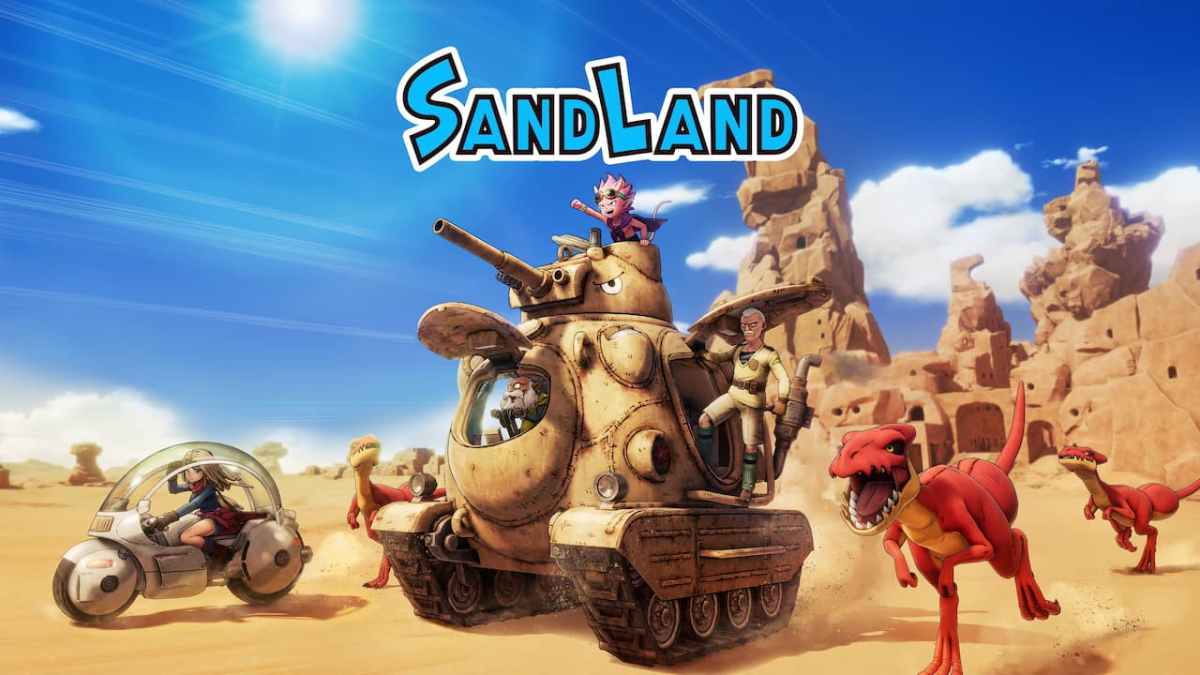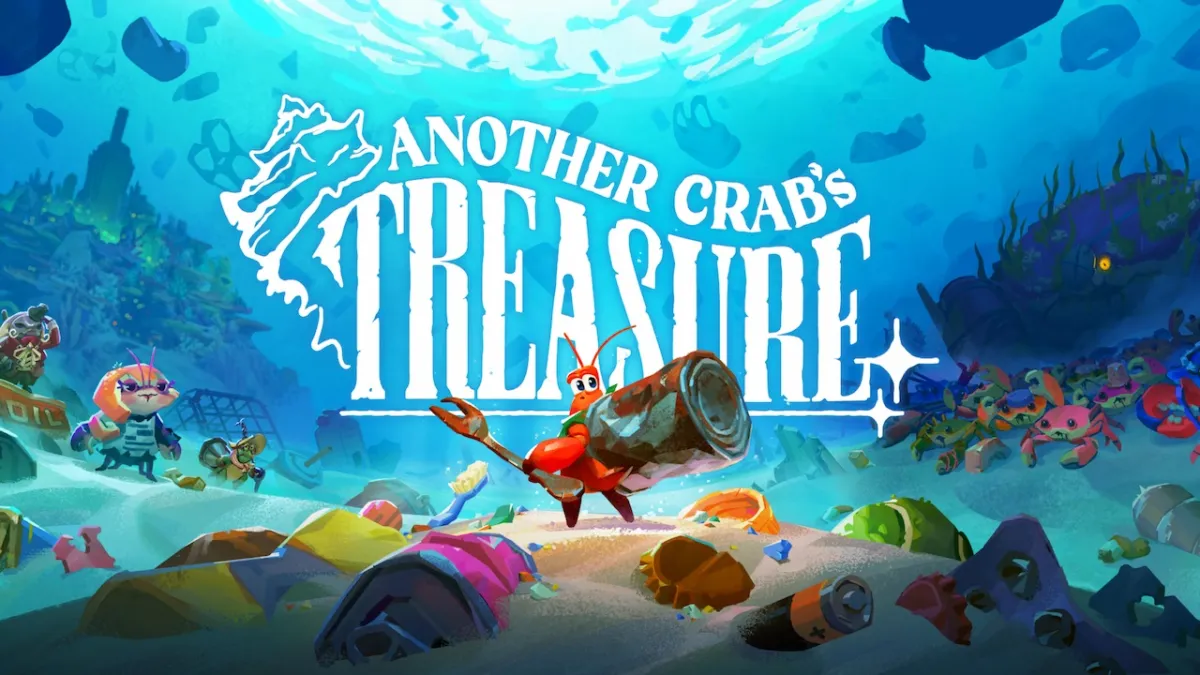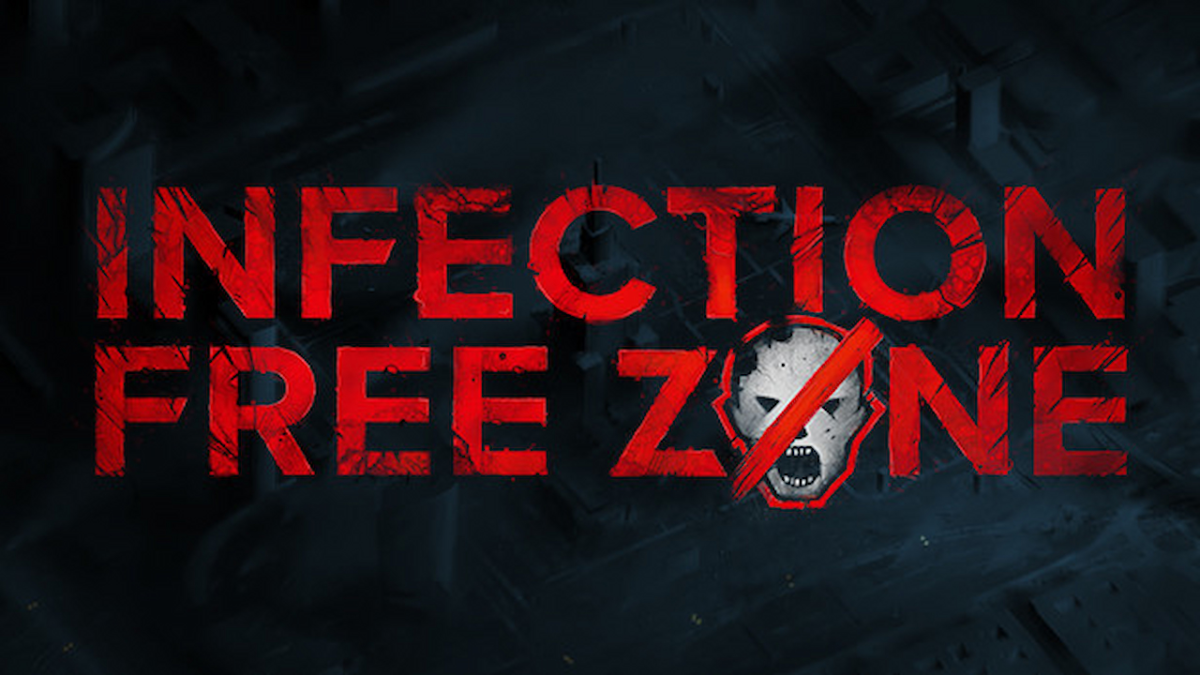Dragon Age II is about people. There is no ancient evil that must be defeated ‘once and for all,’ there is no great threat to the land, there isn’t even a mad tyrant or an encroaching army. There are just people – and people, unfortunately, tend to be stupid, lazy, scared creatures and it’s this take on the human syndrome that becomes game’s lasting message.
This is a game about politics, greed, oppression, fear, racism, fanaticism and terrorism, which is a hell of a brave thing to make, and – despite the reservations I have with the gameplay – there’s no doubt BioWare has pulled the narrative off with startling aplomb.
Whatever the game’s eventual message, it stems from small things: Hawke, the game’s human protagonist and (we’re told) eventual “Champion of Kirkwall,” begins the game fleeing the Blight (the focus of the first game) with his family. They settle in Kirkwall, one of the cities of the Free Marches.
Over the course of Dragon Age II’s ten-year span the family build a life for themselves there but, Kirkwall is a powder-keg: not everyone is happy about the number of refugees that have come from across the seas, there’s an uneasy truce with a delegation of militant Qunari, the local Templars are cracking down particularly hard on mages, gangs and criminal syndicates run the streets, and there are plenty of other nasty little secrets lurking in the dark.
All it’ll take is one spark, and there are a glut of people striking matches.
So, yes, Dragon Age II is a bit of a change from Dragon Age: Origins. Where the first game had the plot exploding early on and then tasked you with dealing with it, Dragon Age II builds things up very slowly (introducing you to the different factions and beliefs of Kirkwall), before events force you to start making a stand for what you believe in.
In fact, until the second act, I had little idea of which of my completed quests were part of the main plot and which were ‘mere’ sidequests, which presented a bit of a problem as far as pacing was concerned.
Still, there are many, many difficult choices to make, not least because no-one really appears evil – just human – and the bad things that happen are normally the result of good intentions. Much as I’d love to talk about ‘this bit’ or ‘that scene’ the story is too good to spoil, and I fear I’ve said too much already.
From plot and setting to gameplay, the entire game has a narrower focus. For starters, the first game’s elaborate tactical combat has been scaled back into something that resembles a third-person brawler. Tapping the PS3’s ‘X’ button attacks with your default weapon, while the Square, Triangle, and Circle buttons unleash abilities and special attacks. R2 acts as a modifier, giving you access to another three abilties.
Essentially this means that you’ll stick to six main abilities for the majority of the game and, by and large, this feels like quite enough, particularly with the new skill trees and ability-specific upgrades. It allows you to focus on what you want to use and build your team accordingly.
Sadly, this focus does appear to have come at the cost of the ‘tactical’ combat. It’s faster and more fluid but it’s also simpler. Friendly fire has been completely removed and agonising decisions (such as whether or not it’s worth smashing your tank in the back of the head so that you can knock down the five people he’s fighting) are gone because you can spam fireballs at your own feet without cause for concern. It’s less about being clever and more about hitting buttons and making things explode.
There’s an element of co-ordination though and you can maximise your chances of success by using cross-class combos. Each class can apply a debuff to enemies – Rogues have Disorient, Warriors have Stagger, and Mages have Brittle – which can be exploited by other classes to massively increase the damage of attacks. But, in truth, you don’t need to pay too much attention to this (or, indeed, the ever-wonderful ‘Tactics’ screen which still lets you program your companions’ AI to your liking) unless you’re playing on a higher difficulty. You just push the buttons and things go boom.
Your party appears to do this pretty well by themselves, too. While you can swap between members and use L1 to give more specific orders, or access additional abilities, you rarely need to – which is actually a good thing because it’s a bit clunky to do on the pad.
It gets a bit tiring after a while, which is partly down to the fact that enemies generally fall into one of only a few different categories. Rogue-types will use stealth and try to backstab you, Fighter-types rush towards you and attempt to hit you in the face, Archer-types will plink away from a distance and Mages will teleport around, make themselves temporarily invincible and occasionally cast an attack spell or two.
In Dragon Age: Origins I tended to target beasts first to try to avoid the possibility of being hit with Overwhelm. If a mage started casting Chain Lightning, he’d suddenly become a priority target. In Dragon Age II though, I’ve never experienced either of these things. Whether you’re fighting rogue Templars, mages, bandits or giant spiders, virtually everything attacks in the same way.
They also attack endlessly; when one wave of enemies has been killed another will drop down from the ceiling or leap off nearby rooftops to engage you, making the use of position redundant. It’s cathartic to impale yet another row of demons on razor-sharp icicles but it gets a bit galling when it’s the third row to appear and the fight shows no sign of ending.
Mass Effect 2’s action-based combat worked because it tended to be quick and fluid (you rarely had another ten mercenaries teleport in behind you after you’d finished the first wave) and that’s a lesson which sorely needs to be applied here. Is the combat bad? No. But it’s not as good as it should be.
On the plus side, there’s a lot of fun to be had in experimenting with the various classes. Each plays entirely differently and there’s an impressive amount of variation both within and between classes.
Mages can focus on healing their allies and debilitating their foes, they can power up some meaty single-target spells or they can unleash massive area-of-effect attacks.
Rogues tend to be the best single-target damage dealers, utilising lightning fast strikes and a series of lovely stuns. They can also attack from a distance which, at times, is a better option as they’re disturbingly fragile.
Warriors can either act as a tank with the weapon plus shield combo or they can wade into battle with a two-handed battleaxe, hitting multiple enemies with regular attacks. Getting to grips with each one is fun, not least because of the ludicrously bloody death animations that occasionally pop up.
Although I miss the satisfying tactics of the old system, some will love the new action-focused combat. However, combat isn’t the only thing that occasionally grated on me. Dungeons did, too. By and large, every cave you spelunk has the exact same map; every sewer and every cellar is identical to every other sewer and cellar. Yes, certain passageways will be sealed off (or you might enter at a different location) but, no matter how they try to trick you otherwise, the automap for these dungeons are universal across each type.
When yet another side-quest told me I had to venture into yet another cave, which I knew would be exactly the same as the last one I went into, I sighed.
However, for all of that, I’m genuinely glad I stuck it out. When Dragon Age II shines, it really shines. The primary story arc is phenomenal and the battles and setpieces along the critical path are, in a word, fantastic. There are plenty of agonising decisions with no real ‘correct’ choice (an inclusion that is more than a little reminiscent of The Witcher).
The companions can vary, some feel like placeholders while others are genuinely likeable (or dislikeable) characters, but for once they and their quests have genuinely major repercussions. They matter.
As much as I whine about the combat, as soon as I finished the game I started it up again as another character class and I’ll probably play that through to completion as soon as I find the time.
There’s plenty more to discuss. I could talk about how I like the pared-back crafting which relies on finding resources only once, rather than repeatedly. I could talk about being disappointed that you can change your companions’ weapons and trinkets but can’t change their armour, making the majority of the treasure you find utterly useless. I could talk about how importing your Dragon Age: Origins save game doesn’t seem to have much affect, or the way the city doesn’t change much over the game’s ten-year span, or the way my Hawke never really felt like he was really ‘mine’ (at least, not in the same way that my Commander Shepard did).
Instead, I’ll leave you by telling you how the game left me. Despite being monotonous, despite wishing it had hurried up a little during the first third, despite wishing there were different dungeons to explore and despite wishing I had to think a little about combat a little more, Dragon Age II’s narrative left me breathless, shocked and reeling on numerous occasions.
While the gameplay is far from perfect, Dragon Age II is an absolute must for anyone interested in the world, the lore and a good story – but anyone hoping for something that feels and plays like Origins might want to adjust their expectations accordingly.
Read Article Sand Land review – Story above all else

Rating:
7

Category:
Reviews
Sand Land review – Story above all else


